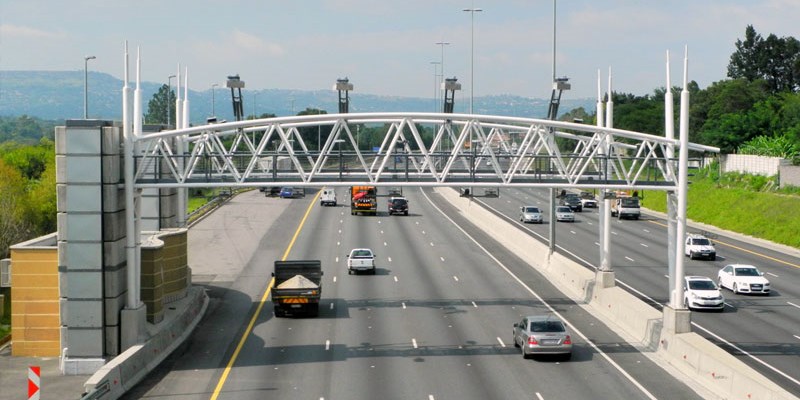
Johannesburg – Gauteng Premier David Makhura has repeated his promise to political parties in the provincial legislature that his battle to scrap e-tolls is still on course.
Makhura was replying to a question from the EFF’s Malesela Ledwaba who reminded him about his promise he made in February, during his state of the province address (Sopa) in Ga-Rankuwa, Tshwane, that “a lasting solution to e-tolls” was imminent.
In his reply, Makhura said the outbreak of the virus stalled any move between him and President Cyril Ramaphosa to focus on scrapping the e-tolls.
“Since the outbreak of Covid-19, the focus of the provincial and national government has singularly been how to galvanise societywide and organise the whole of government response to the existential threat of coronavirus and its associated social and economic impact.
“Between March and August all government efforts have been on flattening the curve and preparing for the peak, which according to the modelling would be around September 2020. Faced with this threat it would have been unreasonable to discuss any other question in the midst of the Covid-19 storm. Our preoccupation is to save lives and combat the spread of Covid-19 in communities, health facilities and workplaces.
“When the Covid-19 storm has passed, we will be able to address the long-standing issue of e-tolls,” Makhura said.
He said the virus was the biggest threat to humanity after World War II and the 1918 flu pandemic. The premier also emphasised that his government would now focus on recovery of the economy which was battered due to the pandemic. Makhura’s announcement coincided with his party’s pledges on Sunday to support Ramaphosa on his massive infrastructure roll-out plan.
ANC Gauteng secretary Jacob Khawe said his party noted that the Covid-19 pandemic had created shocks in the global and local markets, in an environment when the global economy was contracting and posting fundamental negative growth patterns.
“The pandemic has ushered in de-globalisation and inward-looking policies and its multiplier effects on value chains will have a dire impact on especially low-income households and the most vulnerable.
“It further noted that, locally, the pandemic afflicted the South African economy that was already sluggish and on a downslide trend over the last 10 years with fiscal deficit, a growing national debt, jobless growth, unemployment of close to 30%, negative credit ratings, low levels of investment and persisting colonial and apartheid patterns of wealth distribution and ownership,” Khawe said.
He said their economic redistribution and recovery plan would be countercyclical, infrastructure led and supported by immediate action-anchored interventions in the productive sectors of the economy.
“Particular focus areas include roads, energy, human settlements, water and sanitation, public transport, tourism, social and digital infrastructure, and intensification of industrial and manufacturing measures through special economic zones and industrial parks.
“Central to this economic recovery is the restoration of fiscal sustainability and macroeconomic policy instruments compatible with reconstruction and restructuring as well as a strong co-ordination of monetary and fiscal policy,” he said.
According to Khawe, the state should galvanise fiscal resources through aggregation, leveraging and creation of state-led financial resourcing measures, such as the immediate creation of the fully licensed Provincial State Bank, and the support for the amendment of section 28 of the Pension Act. IOL







